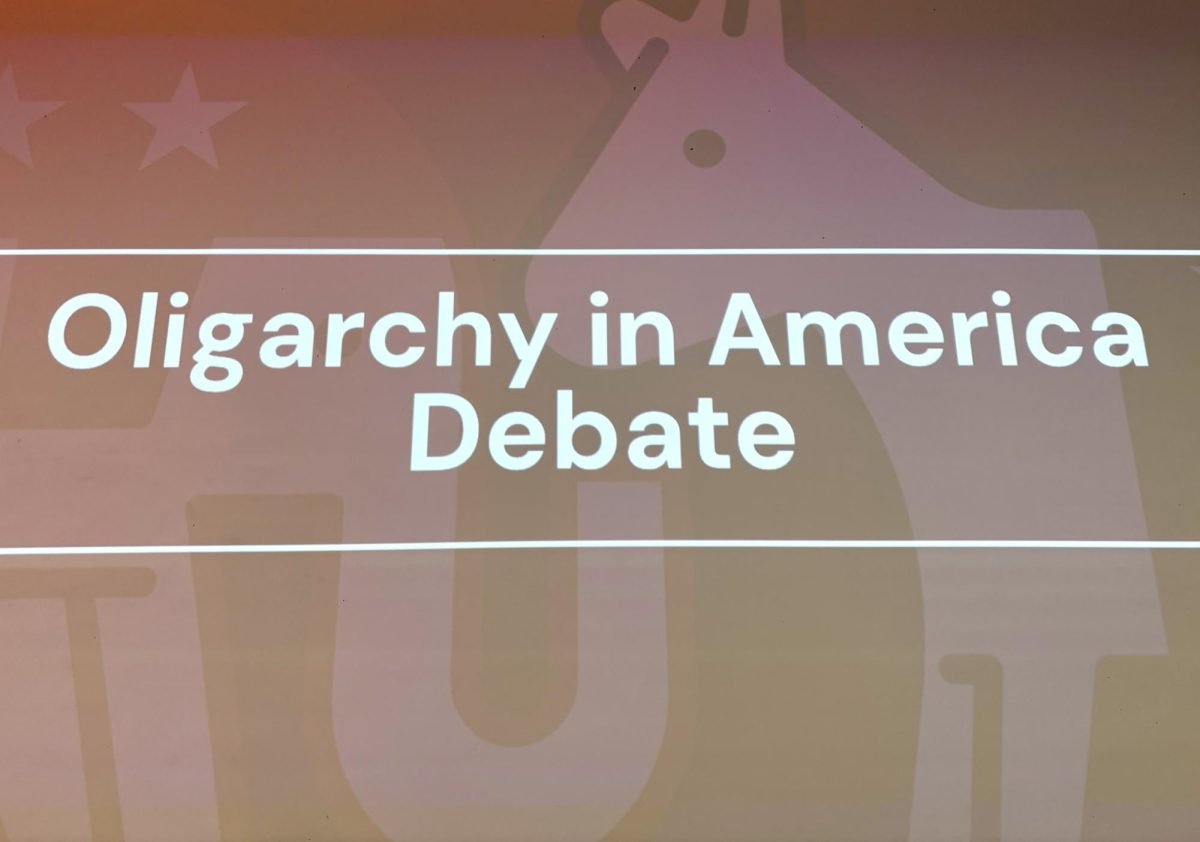Members of the Northwestern University Graduate Workers union voted to ratify its tentative contract agreement with the University earlier this week, NUGW announced Friday.
The three-year contract, which came after about nine months of drawn-out negotiations, would raise the base stipend for graduate workers from $36,960 to $41,000 starting in June and to $45,000 in September, with 3% yearly increases over the next two years.
The contract also includes full dental and vision health insurance coverage, visa and travel support for international workers, and a $1,000 ratification bonus.
Over 2,300 graduate workers — 94% of NUGW’s card-carrying members — voted in the election. They voted overwhelmingly for the contract, which was ratified with 73% of votes.
“It’s been a really exciting and really stressful and really humbling year,” said Kavi Chintam, NUGW’s co-chair and a 5th-year Ph.D. candidate in chemical and biological engineering. “It’s just really incredible to see the benefits that people are going to reap from all the organizing that’s been done by all of our members.”
In a statement sent to the NU community Friday afternoon, University Provost Kathleen Hagerty and The Graduate School Dean Kelly Mayo said the University looks forward to continuing to work with NUGW and implementing the contract.
“A robust graduate community is a vital component of a world-class teaching and research enterprise, and this agreement demonstrates a strong commitment to this shared value,” the statement said.
Chintam said NUGW is also in the process of fully moving under United Electrical, Radio and Machine Workers of America. The union will soon elect its constitution committee and transition some members of the bargaining committee to an interim grievance committee to work on implementing the contract.
In the weeks leading up to the vote, some NUGW members had criticized the contract and urged other members to vote against ratification. They said the increased stipend still lags behind other top universities and that the contract does not include important provisions like dependent health care.
Chintam said she remains committed to fighting for future demands. In the meantime, she thinks the contract is “really solid.”
“The work hasn’t ended,” she said. “The work has just begun, and there’s a lot more we can certainly win. I think this contract sets us up really well for that.”
Email: caseyhe2026@u.northwestern.edu
Twitter: @caseeey_he






